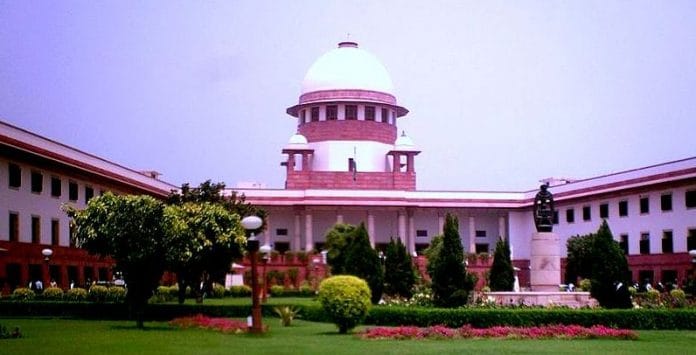In a 3:2 verdict that will be seen as a big victory for gender rights, a five-judge bench of the Supreme Court Tuesday declared instant triple talaq as unconstitutional.
Of the five judges, justices Kurian Joseph, Rohinton Nariman and U.U. Lalit held that the practice of triple talaq is violative of the constitution.
Chief Justice J.S. Khehar and Justice Abdul Nazeer said that pronouncement of instant triple talaq by a Muslim husband does not violate his wife’s right to equality.
However, they barred Muslim husbands from pronouncing triple talaq for six months and directed Parliament to enact a law on the issue.
A constitution bench had heard the case for over six days in May.
The court had taken up the case suo motu along with petitions filed by six Muslim women, who were divorced through triple talaq and wanted the court to rule the practice unconstitutional.
While the government argued that declaring triple talaq unconstitutional is necessary for ensuring equal rights for Muslim women, the All India Muslim Personal Law Board said that personal law cannot be regulated by courts.
Under the Constitution, religions are allowed to regulate matters such as marriage, divorce and inheritance through their own civil codes.







A most enlightened and praiseworthy decision. The fact that it could not be unanimous underlines how contentious the issue is. One hopes the debates surrounding the judgment will be respectful and not stir passions within the community. 2. An auspicious day for our Muslim sisters. Thirty years ago, a similar, more modest judgment in Shah Bano’s case was cynically overturned by the government of the day, causing lasting damage to gender rights and the country’s social fabric.